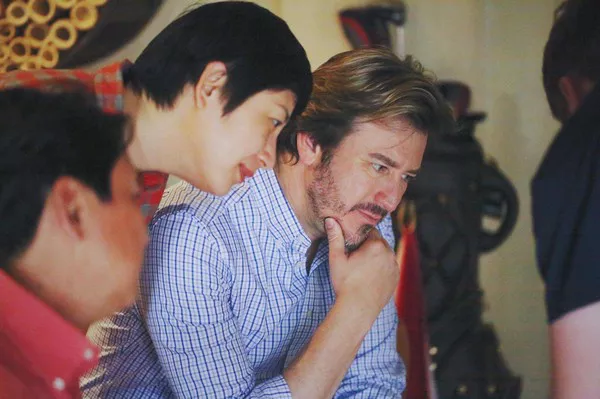On Saturday, over 100 people gathered at North Grand Mall for the Central Iowa National Alliance on Mental Illness (NAMI) Walk, a significant event dedicated to raising awareness and funds for mental health programs and services. NAMIWalks is a series of initiatives aimed at promoting mental health and providing support to those in need, under the overarching goal of achieving “mental health for all.” This inclusive event invites everyone to participate, whether walking for themselves or for a loved one.
Joshua Ginn, a participant who discovered a support group through NAMI, emphasized the importance of community and advocacy. “People need inclusion and support, and we’re here to support one another,” Ginn stated. “People who are suffering from mental illness can be strong and still have feelings and can add great contributions to society. People need to care about others to bring value into life.”
The event saw many volunteers, including members of NAMI On Campus, a student organization focused on addressing mental health issues at Iowa State University. The group aims to provide essential resources and educate the community about mental health.
Ashlee Danner, vice president of NAMI On Campus and a junior studying English, highlighted the value of the resources NAMI offers as a critical first step for individuals experiencing mental health challenges. “I feel like a lot of students hide their mental struggles because they just assume that it’s normal, and I think the first step to get yourself out there is trying counseling or therapy,” Danner explained. “Just trying to recognize that sometimes you’re not okay and that it is okay to get help and seek out resources with groups like NAMI.”
Among the participants was Laura Camerona, the owner and founder of Words Worth Repeating, a service that creates customized books for children addressing complex topics like mental health, grief, and family issues. Camerona shared her insights on the importance of mental health awareness. “Mental health is really interesting because people think of it as a mental illness, but mental health is no different than physical health,” she stated. “There are little things like daily habits that we can do to help our brains and our mental health just like we do our bodies.”
Camerona advocates for authentic self-expression both online and in person as a powerful tool to combat the stigma surrounding mental health. She emphasized the importance of teaching children from a young age that mental health is a normal topic of conversation. “There is so much we can do to end the stigma, such as being honest and showing their real selves on social media and in person,” Camerona explained. “Starting with kids when they’re little to talk about mental health, just like we do with anything else, helps them learn ways to feel good about themselves. When they’re adults, they’ll be okay talking about mental health.”
If you or someone you know is struggling with mental illness or in need of mental health assistance, remember: you are not alone.
Related topics:
























